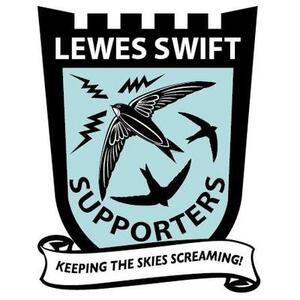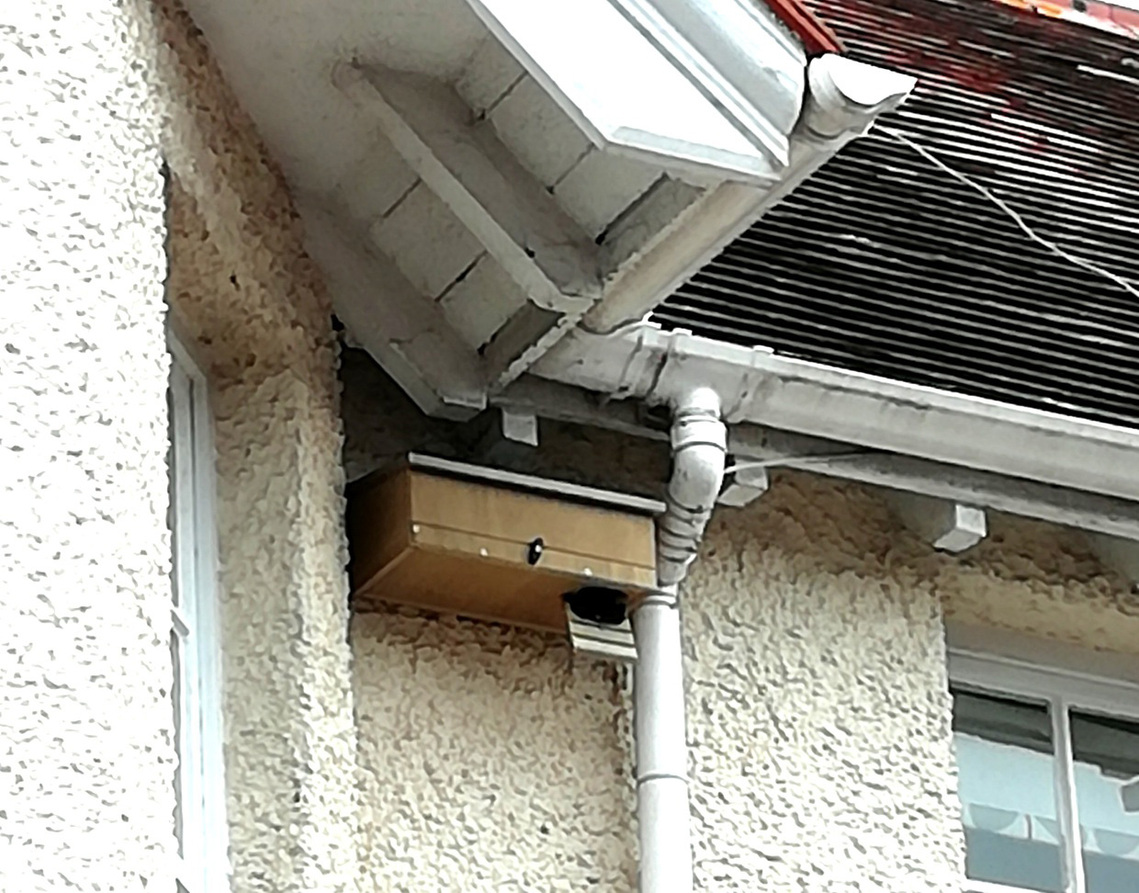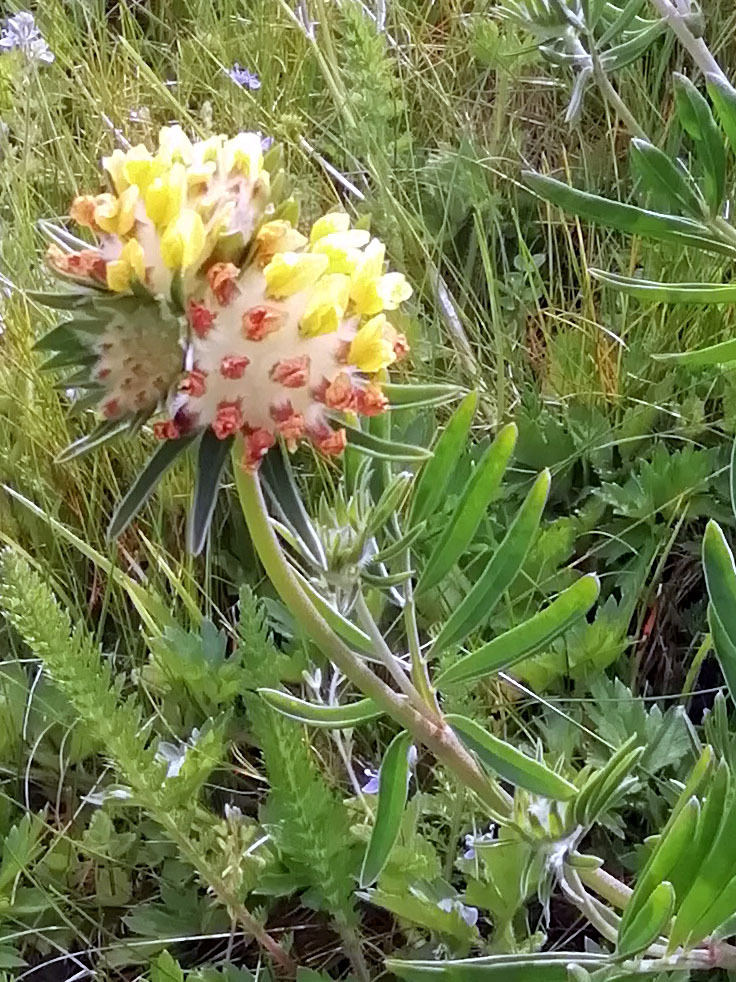Whatever you home or your budget, there are many ways in which we can all help Swifts!
Why do Swifts need our help?
Loss of nest sites
Since the Roman era, Common Swifts have visited our country during Spring and Summer to make their nests under the eaves and in nooks and crannies of buildings. Unfortunately, the design and construction of modern buildings, and the renovation or demolition of older properties, means that many of their traditional nest sites have disappeared. This is thought to be a major cause of the decline in the number of Swifts by an estimated 60% since 1995. RSPB research suggests that for every ten Swifts zooming through the skies in 1995, there were only three Swifts by 2022.
Lack of insects and invertebrates
In addition to the loss of suitable nest sites, repeated use of insecticides on arable crops has led to an 80% decline in the insect population over recent years - and Swifts eat flying insects! The added challenge of climate change and the resulting extreme weather conditions has also contributed to an increase in Swift mortality.
Six ways to help Swifts
1. Nest boxes
By providing additional nest box accommodation we aim to increase Swift numbers in Lewes towards their previous levels.
We are happy to advise you about whether your home would be suitable for a nest box - and the best site to place it. To date we have responded to over a hundred enquiries about nest boxes and as a result 201 new single or double nest boxes have been installed across Lewes so far - with more coming soon!
Our leaflet signposts some useful information which may help you to decide whether your home is suitable for a nest box: LSS Installation of nest boxes
Lewes Town Councillors and Lewes District Councilllors are very supportive of the aims of Lewes Swift Supporters. When residents or developers make planning applications for building or renovations in areas where there are existing Swift colonies, they advise installation of Swift bricks if the development is appropriate. In November 2020, Lewes Town Council Planning Committee formally adopted the advice leaflet which we had worked on together: Guidance for Lewes Town Council when considering recommending the installation of breeding accommodation for Swifts
Peak single nest box installed on a home in De Montfort Road in February 2021, see:
peakboxes.co.uk
Diagram showing the best siting for a Swift box
Not everyone lives in a building which provides a suitable site for a nest box. There are other important things which you may do to help Swifts!
2. Wildflowers
Growing native wildflowers will benefit a wide range of the insects and invertebrates on which Swifts depend for their food. Letting some of your grass grow longer, and cutting paths or sections of shorter grass through it, will provide a mosaic of habitats for bumblebees, solitary bees, spiders, butterflies, moths and beetles. In a small garden or flat, even a pot or window box of wildflowers will help!
A good local source of wildflower plugs grown from native seed is the Wildflower Conservation nursery in Stanmer: see Wildflower Conservation
To grow your own chalk grassland wildflowers, here is a good source of seeds online: WildflowerLawnsandMeadows
This leaflet from Wildflower Lewes might help you to choose suitable flowering plant for your garden, pots, or window boxes: UK Wildflowers
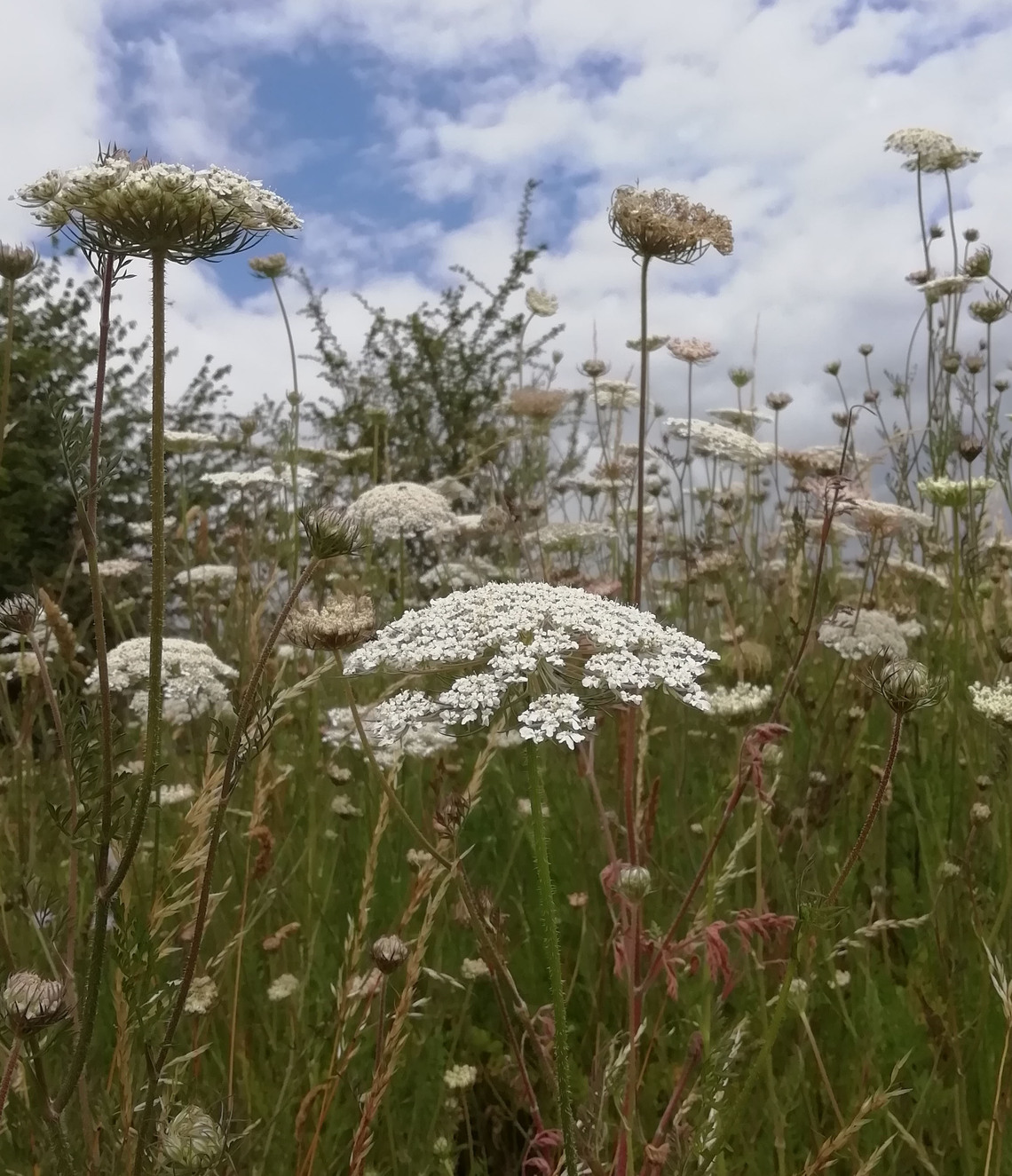
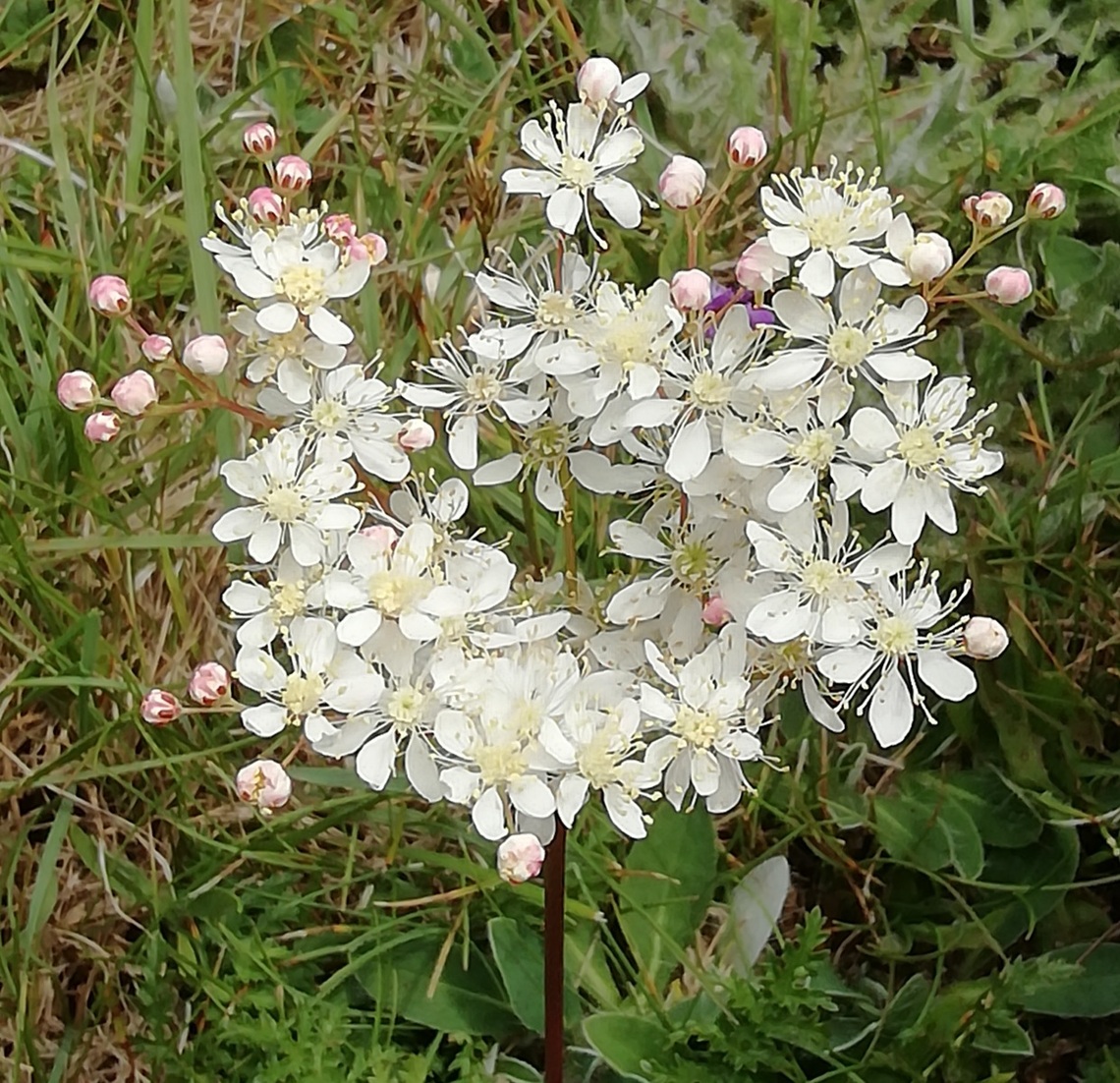
Photographs of Wild Carrot, Dropwort and Kidney Vetch found on verges around Lewes
3. Trees and hedges
Planting native trees or a wildlife hedge can provide food and shelter for hundreds of insects and invertebrates.
When we are out monitoring Swifts in the evenings, we often see Swifts circling above a Lime tree which is buzzing with insects. We imagine it makes a last minute snack before returning to the nest space! in the evening!
Here are some suggestions from trees for your garden from Lewes Urban Arboretum Project: Trees for chalk soil and biodiversity
If you would like advice on planting a tree in your garden, please do contact our colleagues in the Lewes Urban Arboretum group: arboretumlewes@gmail.com
4. Ponds
Ponds are great for supporting insects and other wildlife - and it is fun to watch them! Even a small pond such as a washing-up bowl submerged in the ground could make a difference.
When we invited Pete the Pond to our Swift-friendly town season at Lewes Climate Hub in May 2025 he gave us these tips for a healthy pond:
- Remove any Elodia, (Canadian Pondweed) - it is non-native and will outgrow everything else in the pond
- Native Hornwort is one of the best plants to add to your pond
- Other good plants are Greater Bladderwort, Water Mint, and Stonewort,
- The presence of Duckweed means that the pond is out of balance - dead, with too many nitrates
- A piece of oak or chestnut bark in the pond kills any blanket weed
5. Don't use pesticides!
Don't use pesticides in your garden. They will kill the insects and the spiderlings which the Swifts depend upon for their food.
6. Make homes for minibeasts
Build a log pile, a compost heap or make minibeast hotels to give the insects and invertebrates places to breed and shelter.
Sponsor a nest box?
If your own home is not suitable for Swifts, why not sponsor a nest box on another property in Lewes?! Contact the secretary via lewesswiftsupporters@gmail.com for details of how to make a donation.
Alternatively, you could sponsor our work by registering for the Local Lottery run by Lewes District Council and choosing Lewes Swift Supporters as your "good cause"! For every £1 lottery ticket bought, 50p is donated to us: leweslocallottery.co.uk/support/lewes-swift-supporters
Fighting Climate Change - together!
Lewes Swift Supporters are proud to be affiliated with Lewes Climate Hub, an alliance of local environmental and community groups which provides information and practical advice on projects related to the climate and environment. They are sharing their ideas, advice, plus details of talks and events via their website https://lewesclimatehub.org and at their premises at Lewes House, 32 High Street, Lewes, BN7 2LU.
We are also part of the Lewes Mosaic group. Lewes Swift Supporters, Lewes Urban Arboretum, Wildflower Lewes, Common Cause and The Railway Land Wildlife Trust have been working together to develop bigger, better and well-connected green spaces across the town. An interactive map is now available, so that you can add the features in your garden which help wildlife: Mosaic map
Spread the Word!
A very simple way to help Swifts is to talk about them! Why not share some of the fascinating facts about Swifts with your family and friends, or point Swifts out to them as you see them screaming through the sky above you? The more people there are who recognise and appreciate these wonderful birds, the better chance they will have of becoming a more resilient population!
Swifts help us!
Swifts eat thousands of mosquitoes and aphids every day! This improves both our agriculture and our health. Some tropical disease-carrying mosquitoes are now in Europe - and installing Swift boxes and Bat boxes will help to control them.
Swifts are also thought to improve our well-being. Their call is often used as a sound track to films to create a mood of celebration and happiness. Much recent research, especially during pandemic lockdowns, suggests that the closer you are to Nature, the better you feel!
